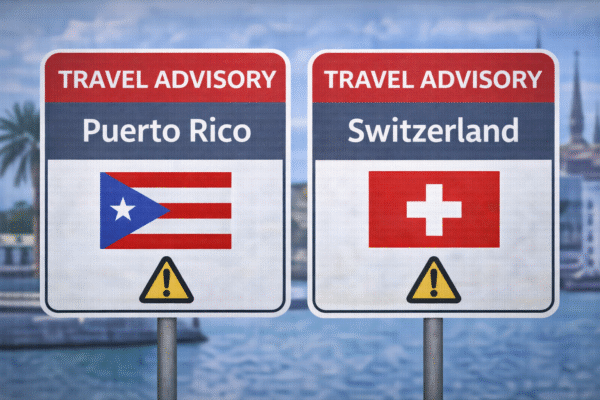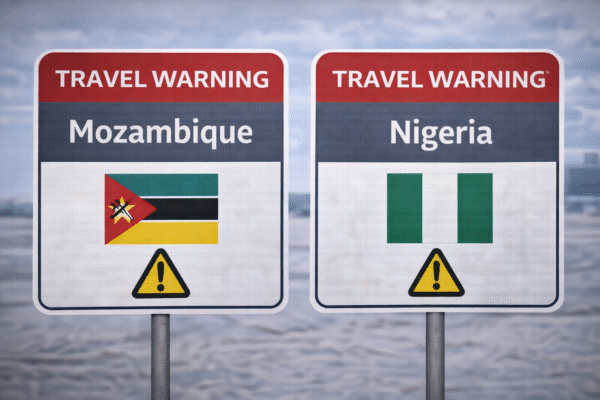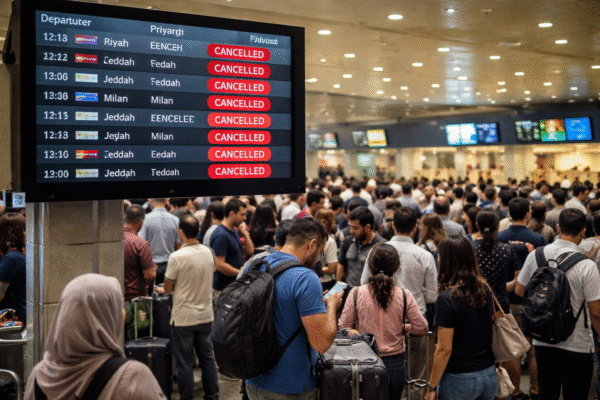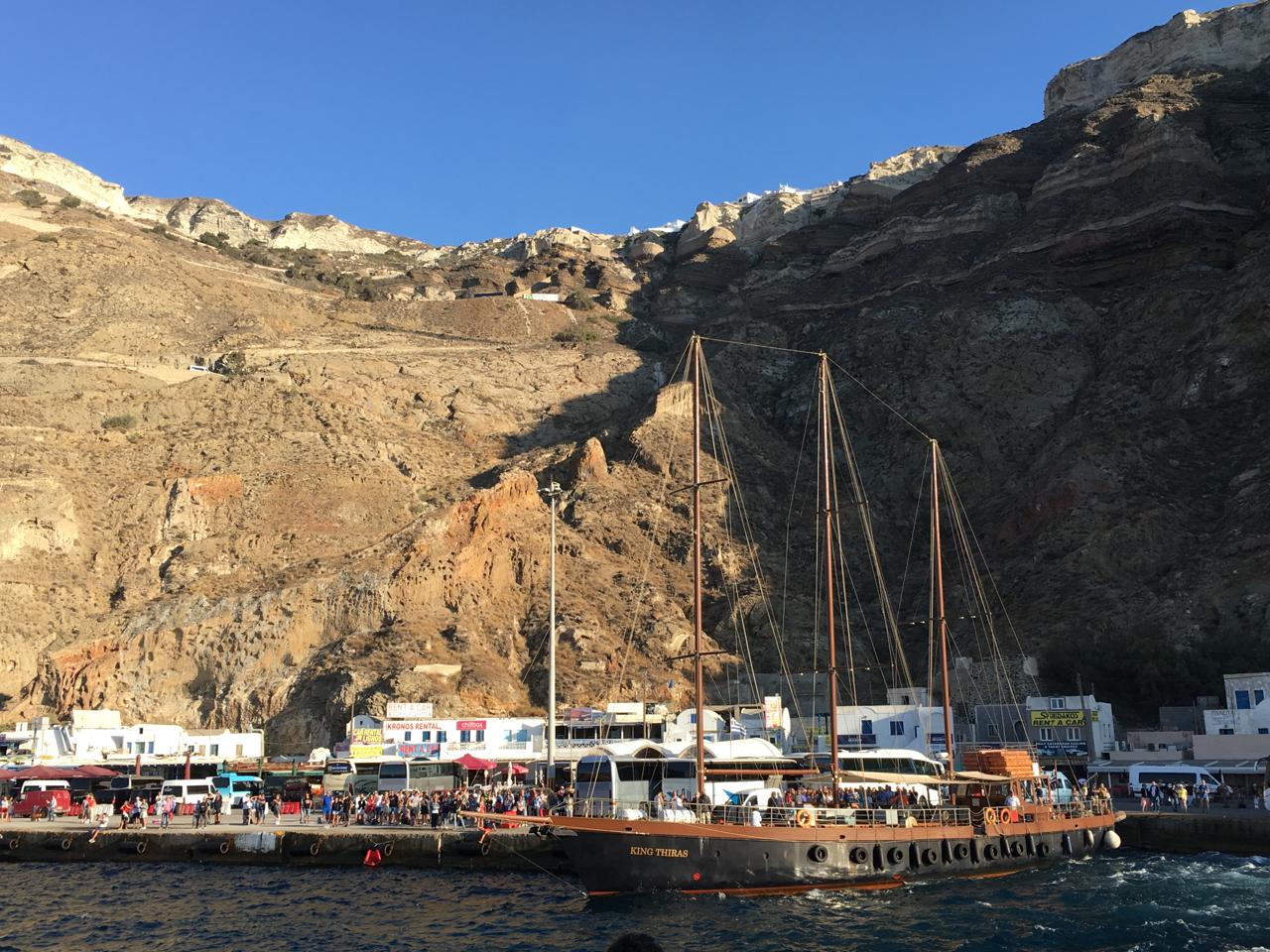Athens | July 11, 2025 — A new heatwave is forecast to sweep across Greece starting Sunday, July 13, raising temperatures across the mainland and islands to dangerous levels. The Hellenic National Meteorological Service (EMY) warns that temperatures could rise to 40°C in parts of the country, especially in popular tourist destinations such as Athens, Thessaloniki, and southern Crete.
While today saw a temporary respite, with the mercury in Attica (including Athens) hovering around 33°C, meteorological models from both ECMWF (Europe) and GFS (USA) predict a sustained heatwave lasting through July 19, with average highs of 35°C to 39°C.
Tourists planning trips to Greece over the next two weeks are strongly encouraged to monitor weather forecasts, take appropriate health precautions, and modify travel activities to stay safe during the extreme heat.
Where the Heat Will Hit Hardest
According to the latest report by EMY, the following areas are expected to be most affected:
- Athens & Attica Region: Clear skies with highs reaching 39°C by mid-week. Northeastern winds at 4–5 Beaufort.
- Thessaloniki: Possible afternoon showers in surrounding mountains. Highs up to 36°C.
- Crete & Cyclades: Fine weather with northern winds at 4–6 Beaufort. Temperatures climbing to 37°C in southern Crete.
- Ionian Islands & Peloponnese: Clear skies and highs between 34°C and 38°C, especially inland.
- Central Macedonia and Thessaly: Expected to be among the hottest regions, with readings over 38°C.
Meteorologists have confirmed that African warm air masses are fueling the incoming heatwave, creating extremely dry and hot conditions that pose serious health and wildfire risks.
Weekend and Early Week Weather Outlook
- Saturday, July 12: Generally sunny with isolated mountain thunderstorms. Temperatures inch upward, particularly in western Greece, where highs may hit 35°C.
- Sunday, July 13: Official start of the heatwave. Winds will drop to 2–4 Beaufort, reducing natural cooling and pushing inland highs above 37°C.
- Monday–Tuesday, July 14–15: The most intense period of the heatwave. Several mainland regions and tourist hotspots are expected to see temperatures soar above 40°C.
Authorities advise tourists to limit outdoor exposure, especially between 11:00 a.m. and 5:00 p.m., when UV radiation and heat stress peak.
Travel Safety and Health Precautions for Tourists
To ensure a safe and enjoyable trip, Greece’s Ministry of Health and Civil Protection Agency have issued essential heatwave safety guidelines:
✅ Stay Hydrated
Drink water regularly—even if you don’t feel thirsty. Avoid sugary drinks, alcohol, and excessive caffeine, which contribute to dehydration.
✅ Avoid Peak Sun Hours
Limit outdoor activities during the hottest part of the day (11:00 a.m. to 5:00 p.m.). If you must be outside, stick to shaded areas and wear protective clothing.
✅ Dress for the Heat
Choose lightweight, breathable fabrics in light colors. Wear wide-brimmed hats, UV-protective sunglasses, and apply high-SPF sunscreen every few hours.
✅ Seek Cool Environments
Spend time in air-conditioned spaces—including hotels, shopping centers, museums, and public buildings. Greece’s major cities have also opened emergency cooling centers for vulnerable populations.
✅ Monitor the Vulnerable
Children, elderly tourists, and people with pre-existing conditions should be closely monitored. Ensure they stay indoors and receive enough fluids.
✅ Track Weather Updates
Follow the EMY website at www.hnms.gr and local news outlets for real-time updates and emergency announcements.
Tourism Continues, With Adjusted Plans
Despite the heatwave, travel activity across Greece remains high, particularly in coastal destinations like Santorini, Rhodes, Corfu, and Mykonos. Tourism officials are encouraging visitors to adjust sightseeing schedules to early mornings and late evenings, when temperatures are more manageable.
Many museums and cultural sites in Athens and other cities are operating extended summer hours in the evenings, giving tourists a chance to explore without the midday heat. Hotels and tour operators are also making changes, offering indoor alternatives and air-conditioned transport options.
Risk of Wildfires and Energy Strain
The hot, dry weather increases the risk of wildfires, particularly in rural and forested regions. The Greek Fire Service has issued fire warnings in Attica, Peloponnese, and Crete, urging travelers not to discard cigarettes or use outdoor grills.
Additionally, energy demand for air conditioning is placing pressure on the national electricity grid. Authorities have advised residents and hotels to conserve energy during peak hours (1:00–4:00 p.m.).
Plan Ahead to Enjoy a Safe Greek Holiday
As extreme heat becomes a regular summer occurrence in Southern Europe, including Greece, proper planning and awareness are key to safe and enjoyable travel. The Greek government continues to monitor weather patterns, support health services, and provide updated advisories for tourists.
Travelers who remain vigilant, hydrated, and informed can still enjoy the rich history, sun-drenched beaches, and cultural vibrancy that Greece offers—even during a heatwave.
Conclusion: Travel Smart and Beat the Heat
If you’re planning a visit to Greece in July 2025, prepare accordingly for a persistent heatwave that will affect much of the mainland and islands. The EMY, local municipalities, and health authorities are actively working to mitigate risks and protect residents and travelers.
Stay cool, stay safe, and stay informed. With the right precautions, Greece’s timeless beauty and summer charm can still be savored—even in the hottest conditions.
For more travel news like this, keep reading Global Travel Wire















